5 best foods for your eyes
Swap your carrots for these eye-friendly foods.
Updated on July 1, 2025
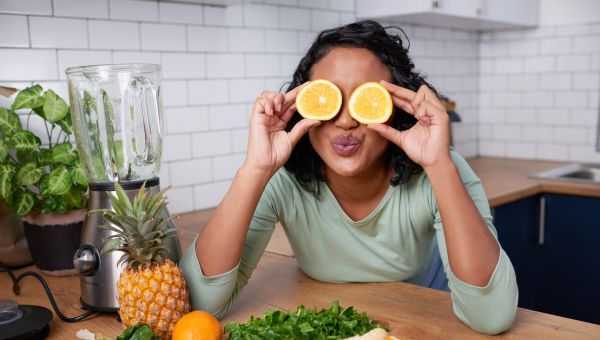
By Patrick Sullivan
Everyone knows carrots promote eye health. They’re a good source of beta-carotene, which the body uses to make vitamin A. Having too little vitamin A can lead to night blindness. But your eyes need other nutrients to stay healthy, too. Add foods like red and yellow peppers, kale and lettuce to your shopping list for better eye health.
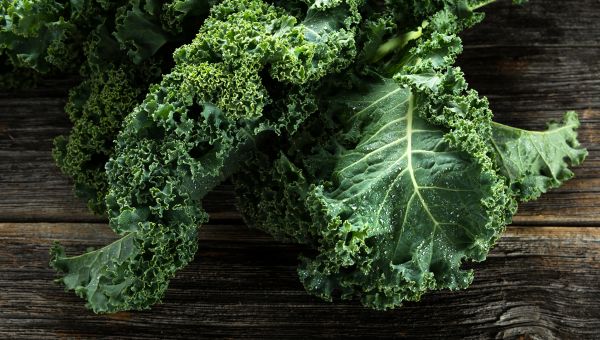
Kale and Spinach
What they’ve got: Lutein and zeaxanthin
Why they’re important: Lutein and zeaxanthin are antioxidants that are concentrated in the eyes. They help filter certain blue lights that can cause damage to vision. Lutein and zeaxanthin can also guard against both cataracts and age-related macular degeneration (AMD), two common causes of blindness.
Other Sources: Eggs, broccoli, pistachios, leeks
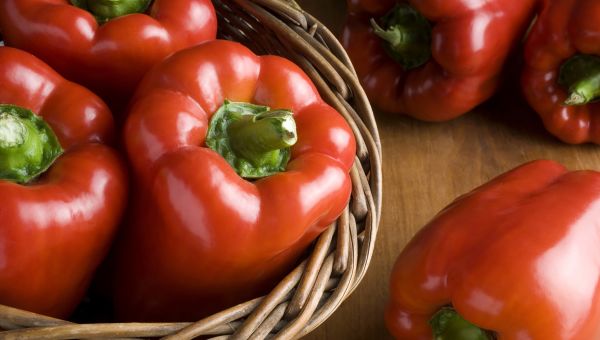
Red Peppers
What they’ve got: Vitamin C
Why it’s important: Sailors used to eat oranges and drink lemon and lime juice to guard against scurvy, a disease that causes weakness, anemia and gum disease. Why citrus fruits? Vitamin C. Another antioxidant, vitamin C in high doses can help prevent cataracts and AMD. While citrus fruits are good sources of vitamin C, the best source is red peppers, which provide about 158 percent of the recommended daily intake.
Other sources: Oranges, strawberries, broccoli, kiwis
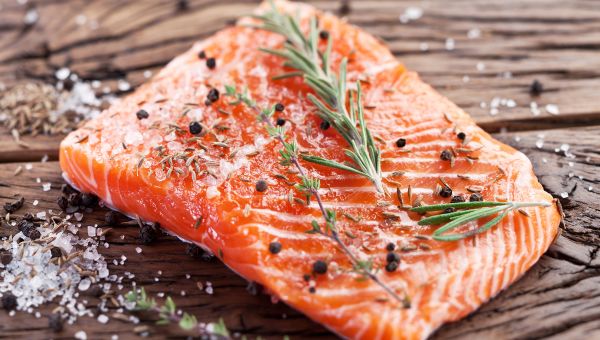
Salmon
What it’s got: Omega-3 fatty acids
Why they’re important: Turn off the tearjerker movie-of-the-week—if you want to keep your eyes well-lubricated, eat salmon. Salmon and other fatty fish, like sardines, are packed with omega-3 fatty acids. A 2013 study found that people with dry eye syndrome—either not enough tears or not enough normal tears to lubricate the eyes—who took omega-3s had fewer symptoms after three months than people who took a placebo. Low amounts of omega-3s are also linked to retinopathy, damage to the blood vessels in lining of cells at the back of the eye.
Other sources: flaxseeds, walnuts, mackerel
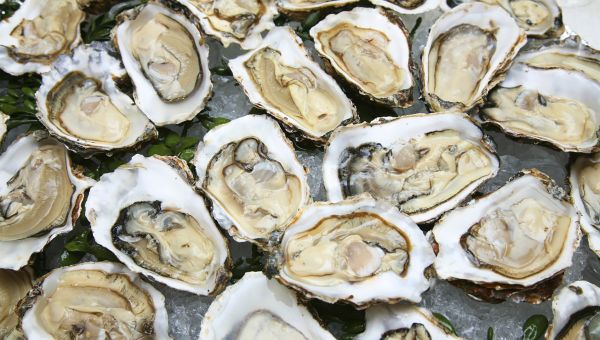
Oysters
What they’ve got: Zinc
Why it’s important: Throw them on the grill, broil them in the oven or just slurp them straight out of the shell, oysters are a versatile dish that promote eye health. Oysters are chock full of zinc, which the Age-Related Eye Disease Study found can slow the progression of AMD in high daily doses of 40 to 80 milligrams (mg). Oysters are the perfect source—one serving delivers more than 75 mg.
Other sources: beef, lobster, pork
More On


video
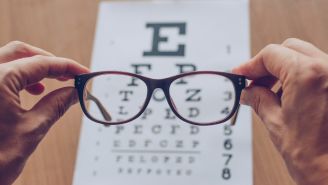
article

slideshow


video


video
